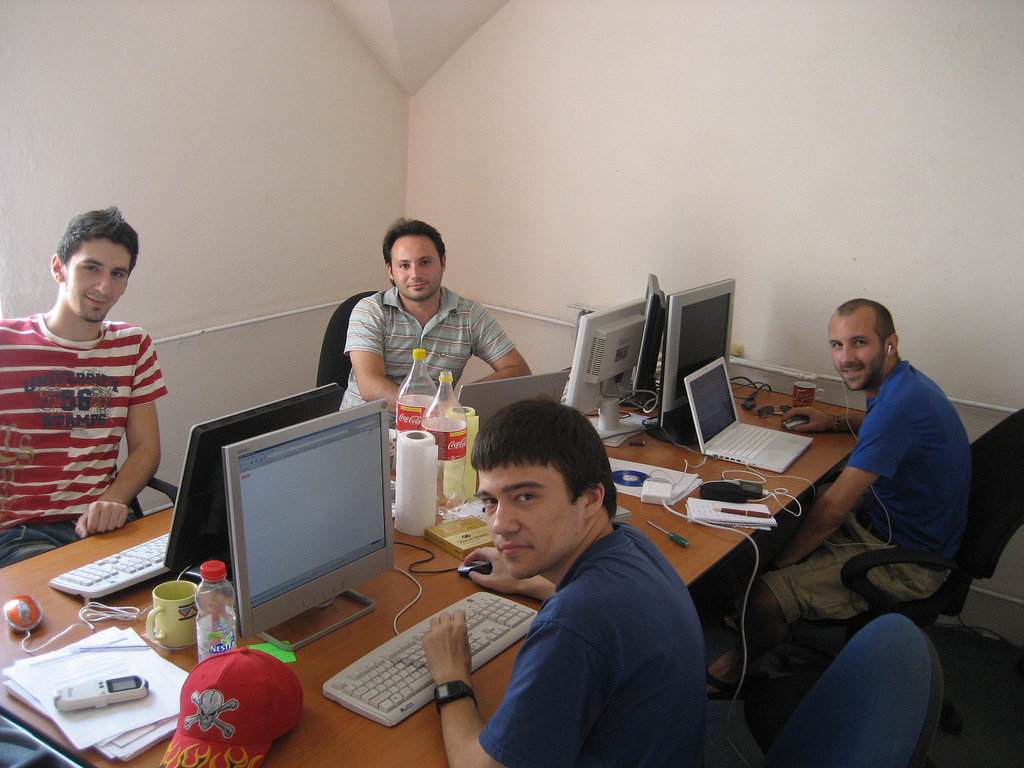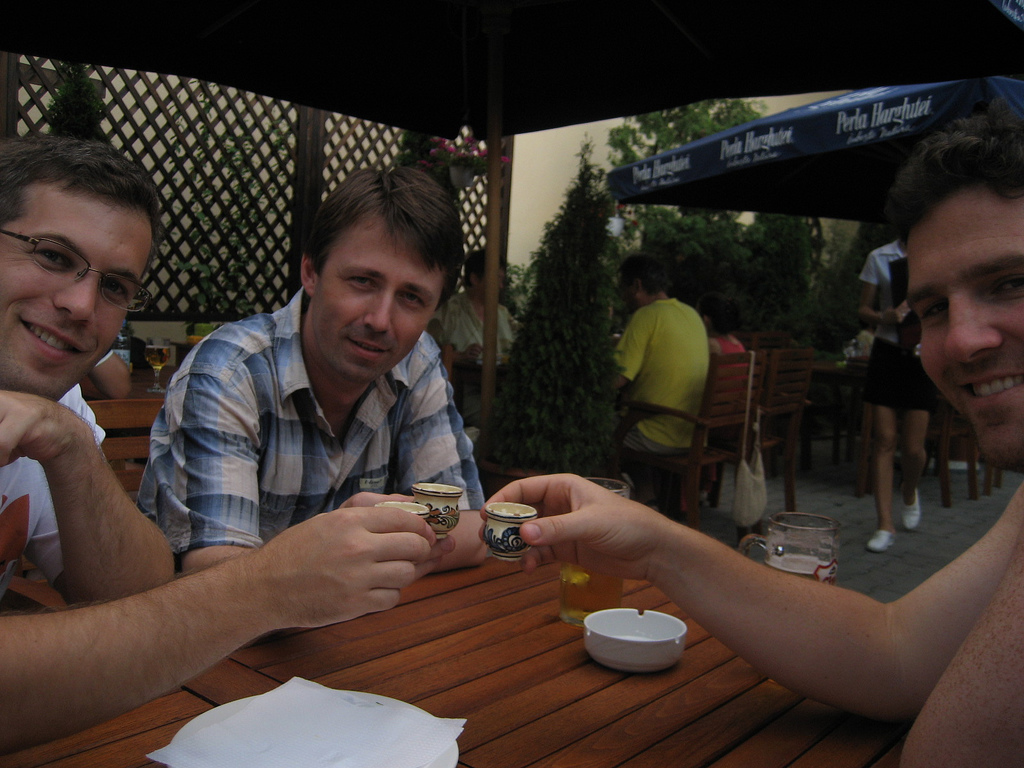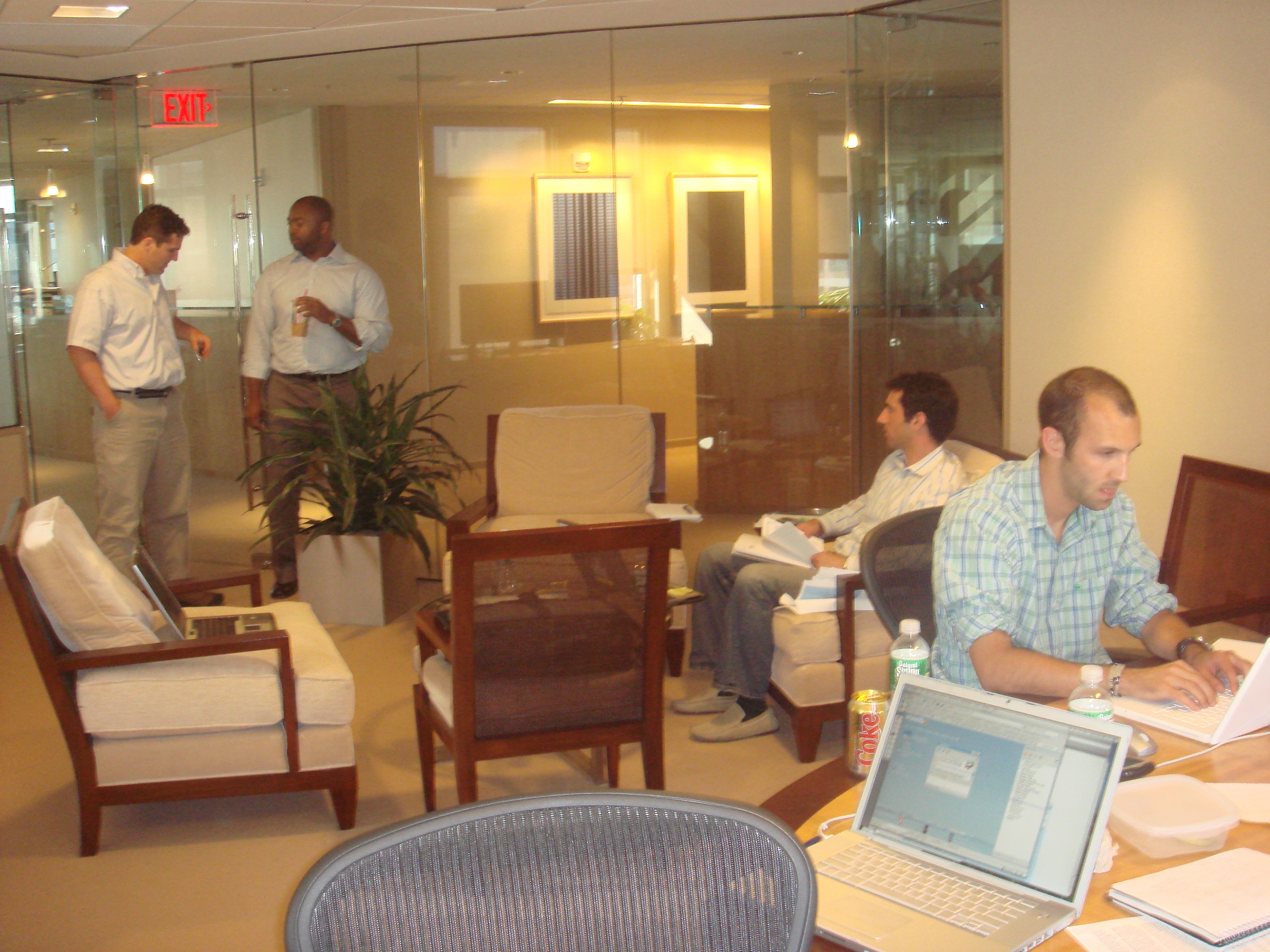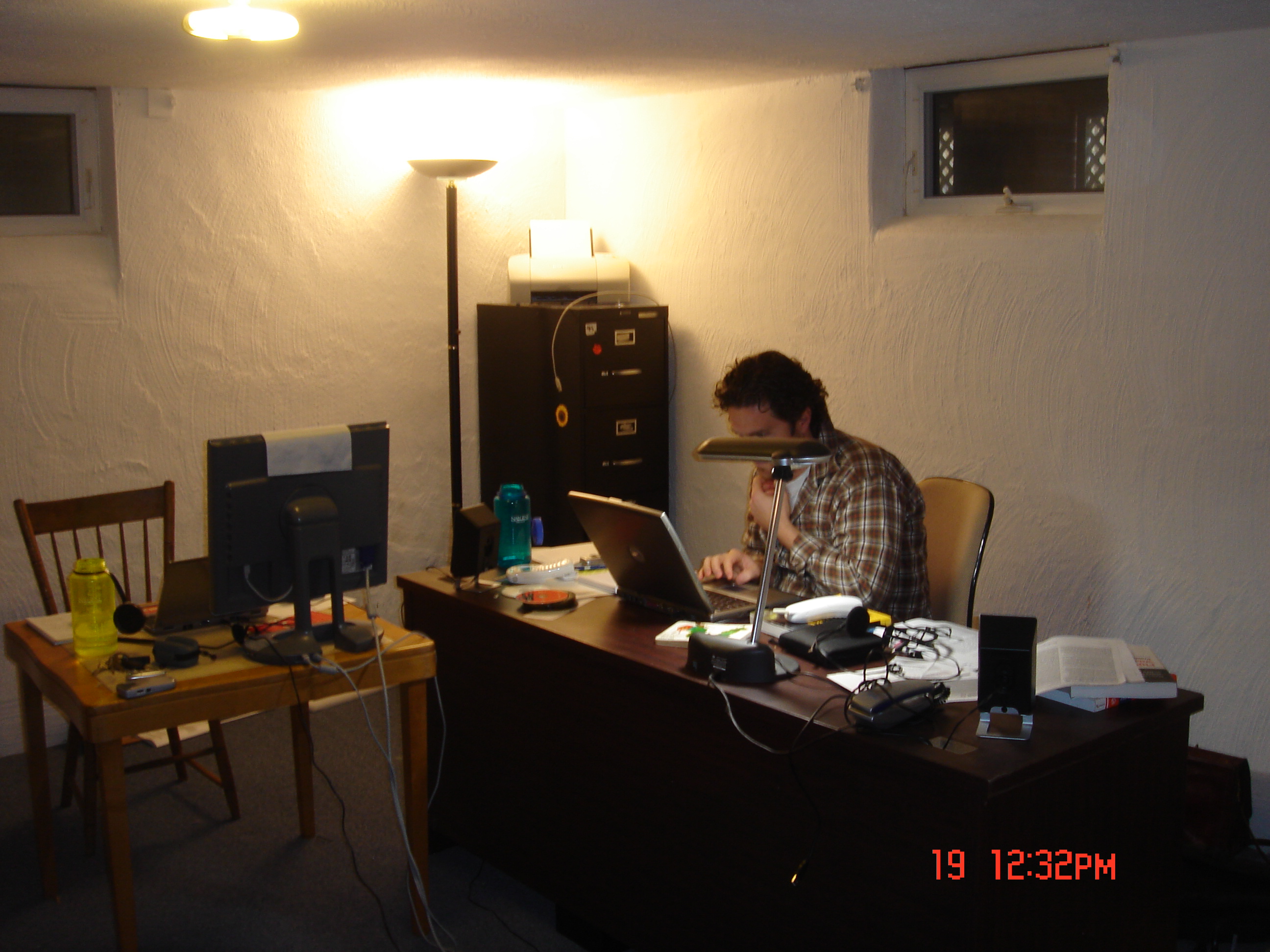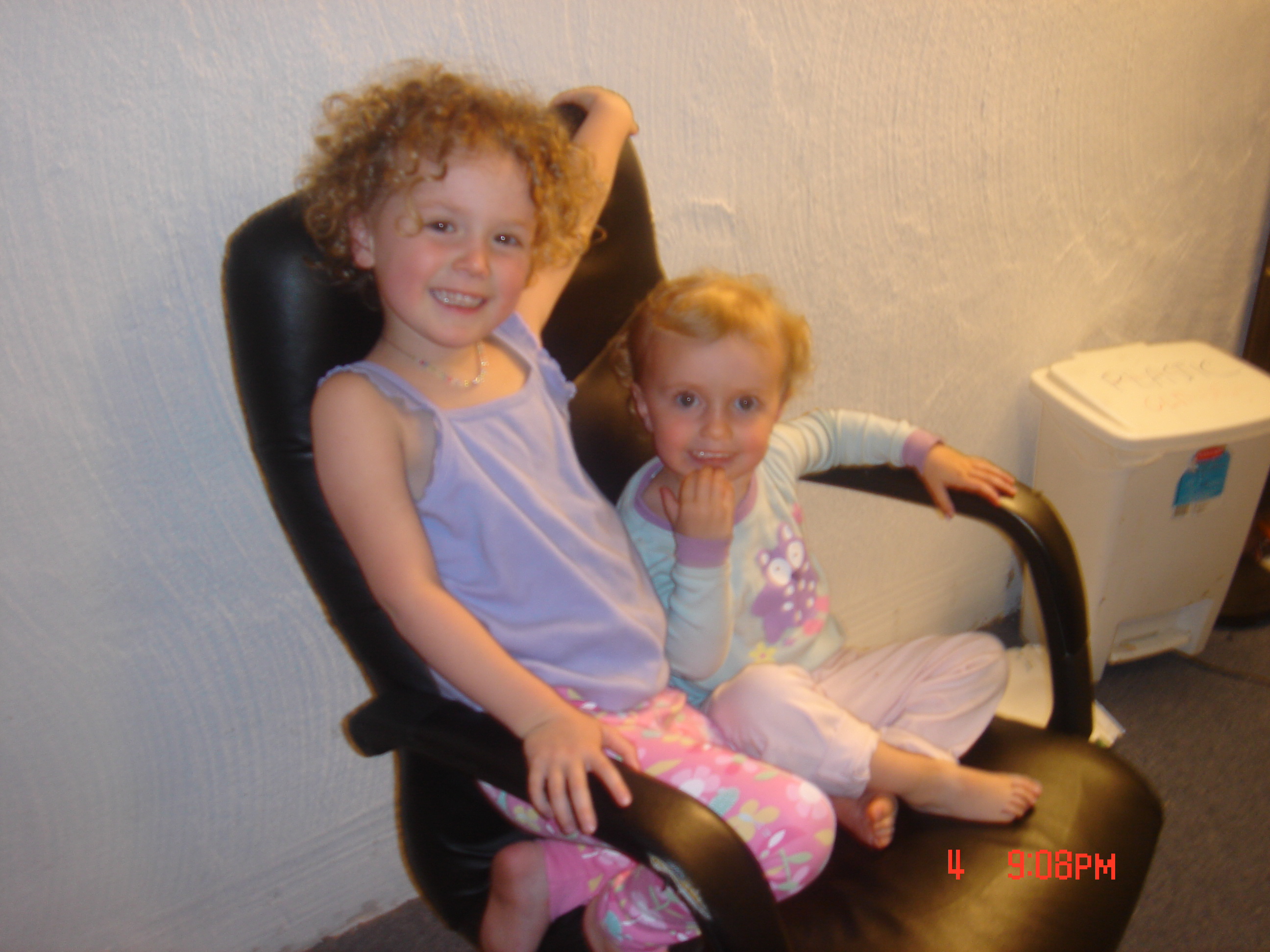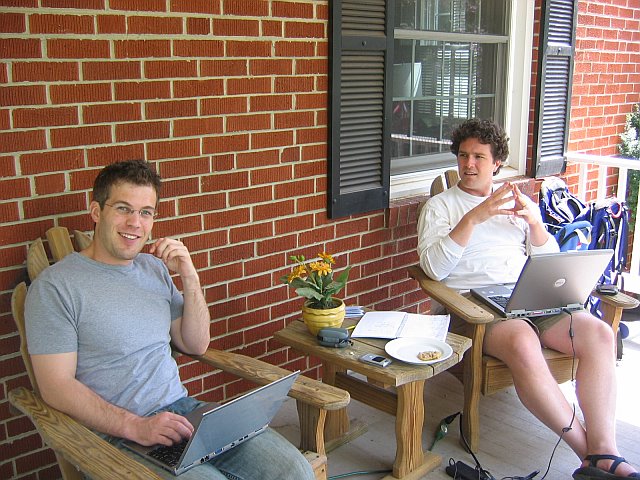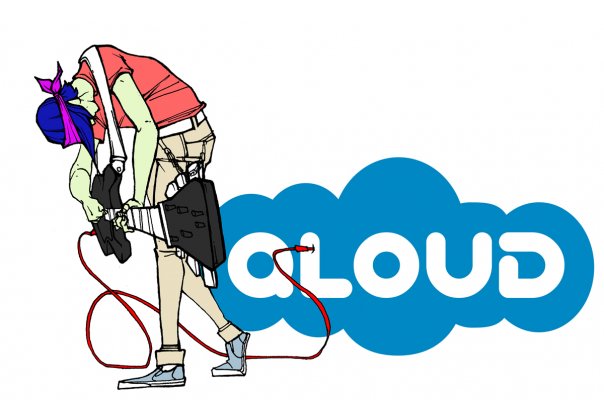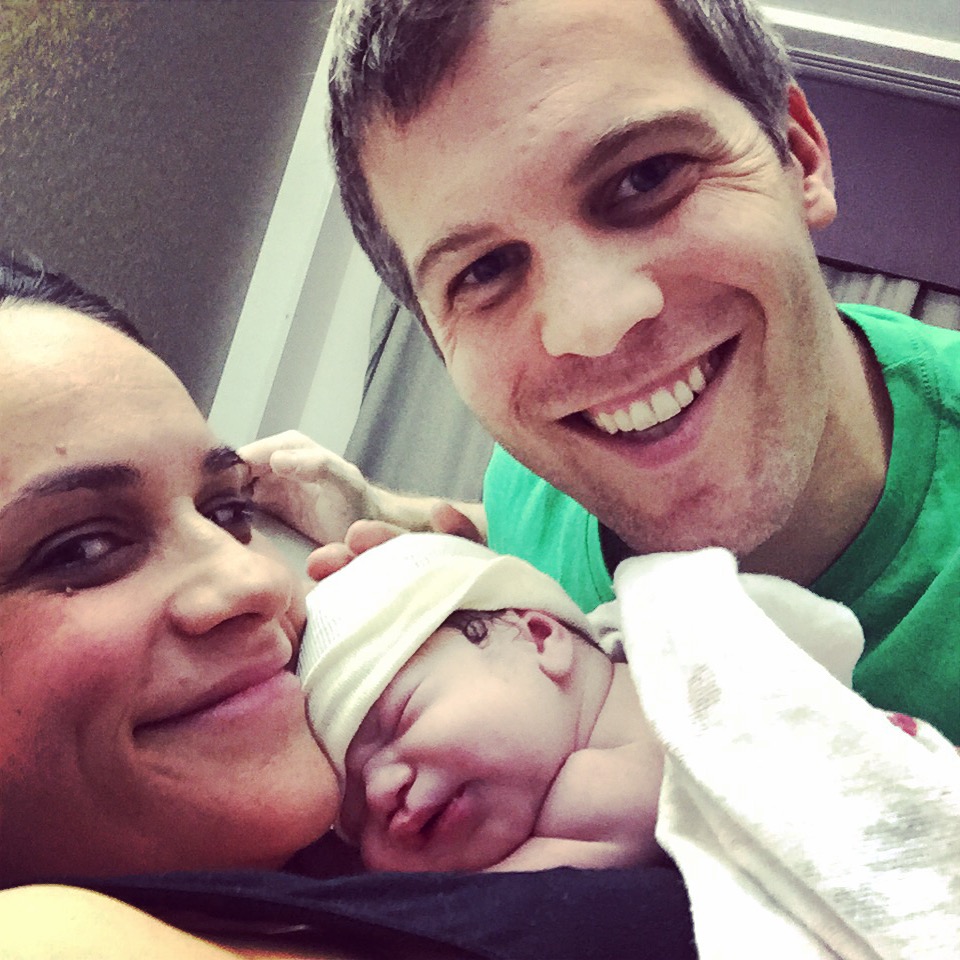This is post #8 about the Qloud experience. The previous post was about about running out of money and pivoting.
The year is 2007 and Toby and I have a great idea to build a comprehensive music service. There were no web streaming services at the time. Some of the players were:
- eMusic – a service for indie artists where you could download mp3’s.
- PressPlay – a Sony sponsored music service that has only 2 labels and also required a download
- Rhapsody – a pretty good service that required a player download and costs $20 a month
We started building the service and went around to all the music labels and providers we could find to license the actual tracks so we could serve up the songs to our users. Turns out that’s not easily done in 2007. To get music you have to strike individual deals with each individual label. Those deals require time (which we didn’t have) and money for upfront payments (which we didn’t have). Hmmm.
Luckily we figured out a nice loophole. Google bought YouTube in 2006. Right before that acquisition YouTube gave equity to the music labels. In exchange for this equity, they struck a deal that forbid the labels from suing YouTube for 2-3 years (I’m not sure of the length). This was a little-known fact, but it was true.
It is also true that almost every music track in existence is available on YouTube. This was pre-Vevo. So, we decided that our backend streaming service will actually be powered by YouTube. Nobody had every tried this, but it allowed us to (a) serve all our music for free; (b) be legal; (c) embed our music right into a browser without asking uses to download a player.
We did one other smart thing. Turns out there are many many videos for each song. Some are correct and some aren’t. We didn’t have time to go through millions of tracks, so we build into the service the ability for users to mark which YouTube video is correct for that track. They could play up to 10 different videos and vote for their favorite. By default, we play the video with the most votes. This tuned out to work really well. Once we launched our users would spend hours voting on videos and helping us curate our library.
We build the service in 4-5 months. Now we just needed to launch. Read about how that went in the next post…
